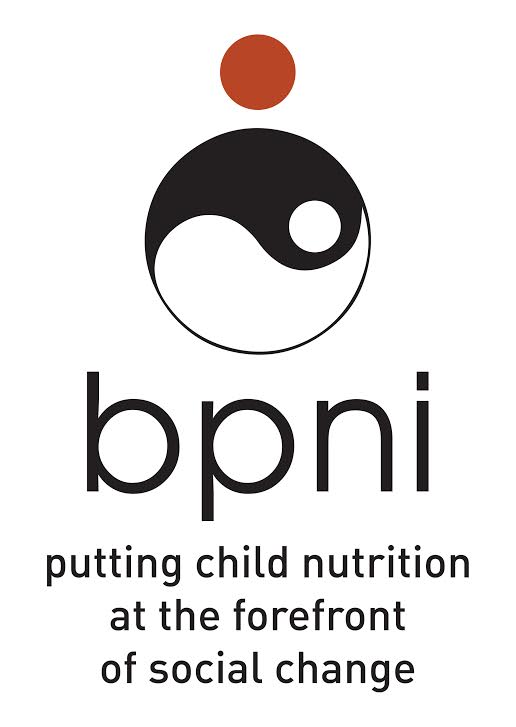Why Every Maternity Hospital Should Be Breastfeeding Friendly?
 #BreastfeedingFriendlyHospitals
#BreastfeedingFriendlyHospitals
Most recent evidence indicates that if health system is weak on breastfeeding counselling, and health workers lack skills to support breastfeeding it leads to the opportunityfor commercial milk formula marketing to shape infant feeding behaviour, which leads to the decision to feed formulas that mothers were not planning to or couldn’t afford.
Who does not know that breastfeeding is one of the most natural and beneficial practices for both mothers and newborns. Despite widespread acknowledgment of its advantages, many hospitals around the country still face challenges in providing the support to breastfeeding mothers.
Creating a “Breastfeeding Friendly” environment in maternity hospitals is not just about a tokenism—it is about transforming the system with some structural changes that ensuressuccess.
At the cost of repeating myself for last 3-4 decades on the benefits of breastfeeding, here’s why every maternity hospital should prioritize this shift.
- Breastfeeding is a Lifeline for Newborns
Breastfeeding has immense short- and long-term health benefits for newborn babies and infants. Exclusive breastfeeding for the first six months of life significantly reduces the risk of infant mortality.
Breastmilk contains all the nutrients that newborns needed during first 6 months, providing essential antibodies that help fight infections and diseases such as pneumonia and diarrhea, the leading causes of death in infants under five years old.By fostering a breastfeeding-friendly environment, maternity hospitals directly contribute to reducing infant mortality and improving health outcomes for the next generation.
- Immediate Skin-to-Skin Contact Enhances Life-long Bonding
Breastfeeding-friendly practices include immediate skin-to-skin contact after birth. It creates an optimal environment for mother-infant bonding. Research highlights that babies who are held close by their mothers immediately after birth are more likely to begin breastfeeding and maintain it successfully. This early bonding sets the foundation for a strong emotional connection and has been shown to positively affect a baby’s mental and physical health throughout life.
- Health Benefits for Mothers
Breastfeeding is incredibly important for mothers. Mothers who breastfeed have lower risks of breast and ovarian cancers, type 2 diabetes, postpartum bleeding and depression. The act of breastfeeding helps the uterus contract more quickly after childbirth, reducing blood loss and aiding in postpartum recovery. Hospitals that provide the needed support enable mothers to experience these significant health benefits, are being called as breastfeeding friendly.
- Economic and Social Benefits
Breastfeeding is one of the most cost-effective ways to promote child health and survival. Hospitals do not require the purchase of formula, which can be a financial burden on the families and system. A report from The Lancet suggests that increasing breastfeeding rates could save the global economy billions of dollars in healthcare costs. This is because breastfed babies tend to experience fewer illnesses, reducing the need for medical interventions and hospital visits.
- The UNICEF-WHO’sTen Steps: A Proven Blueprint
The WHO’s Ten Steps to Successful Breastfeeding are a proven framework for hospitals to follow in creating a breastfeeding-friendly environment. This framework has been adopted globally, with hospitals implementing these steps showing significant improvements in breastfeeding rates. The Ten Steps include policies,governance, and programmes such as skill training healthcare staff, education during pregnancy,assisting mothers for skin-to-skin contact, avoidance of commercial pressures to use unnecessary formula feeding and providing ongoing support after hospital discharge.
By adopting these steps, hospitals can ensure that mothers receive the help they need from pregnancy onwards, the moment they give birth through the critical first days and weeks of their baby’s life.
- The First Step Toward Combating Non-Communicable Diseases (NCDs)
Breastfeeding is also recognized as a vital component in preventing NCDs like childhood obesity and diabetes. WHO recognizes it as the best buy intervention. Breastfed babies are less likely to become obese or suffer from type 2 diabetes later in life. Hospitals that promote breastfeeding-friendly policies help lay the groundwork for healthier lifestyles, reducing the burden of NCDs on society.
- Ethical Commitment: Supporting Informed Choices
One of the critical reasons every hospital should be breastfeeding-friendly is to support mothers in making informed choices. Many hospitals are still influenced by the marketing of breast-milk substitutes, which undermines breastfeeding. Hospitals that adhere to the Infant Milk Substitutes Feeding Bottles, and Infant Foods (Regulation of Production, Supply and Distribution) Act 1992, and Amendment Act 2003 (IMS Act)demonstrate their ethical commitment to protecting and promoting breastfeeding, free from the interference of commercial interests.
In conclusion, transforming every maternity hospital into a breastfeeding-friendly space is not just about following best practices—it’s about making a profound commitment to public health, infant survival, and maternal well-being. Breastfeeding Friendly Hospital is a place where every newborn has the healthiest possible start, and every mother is empowered to provide the best care for her child.
Dr. Arun Gupta, MD
Central Coordinator, BPNI
